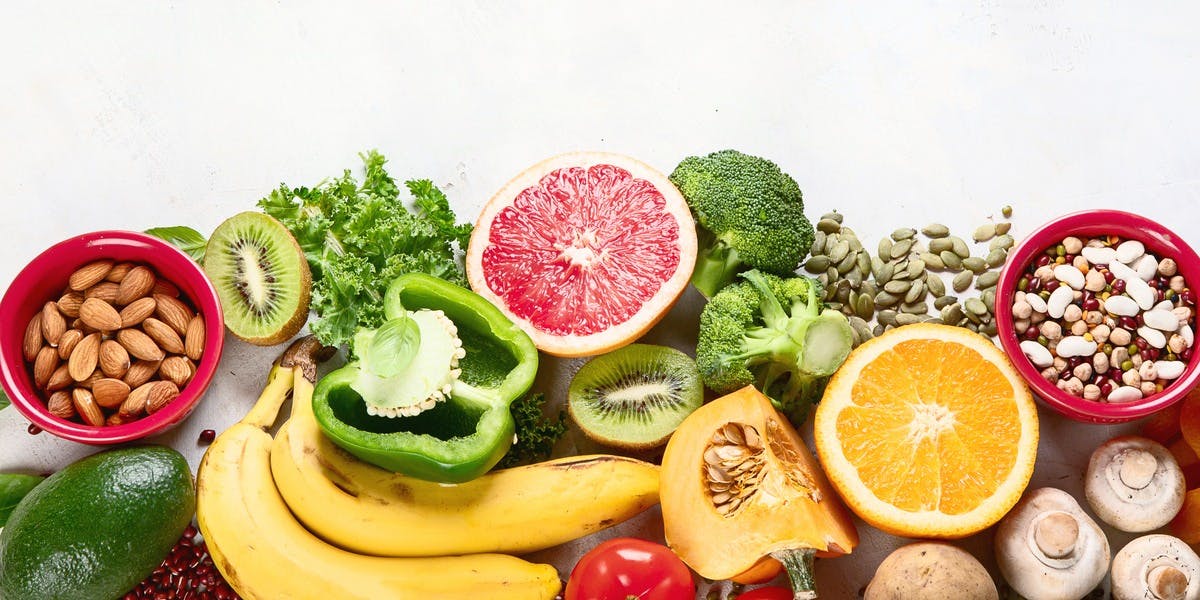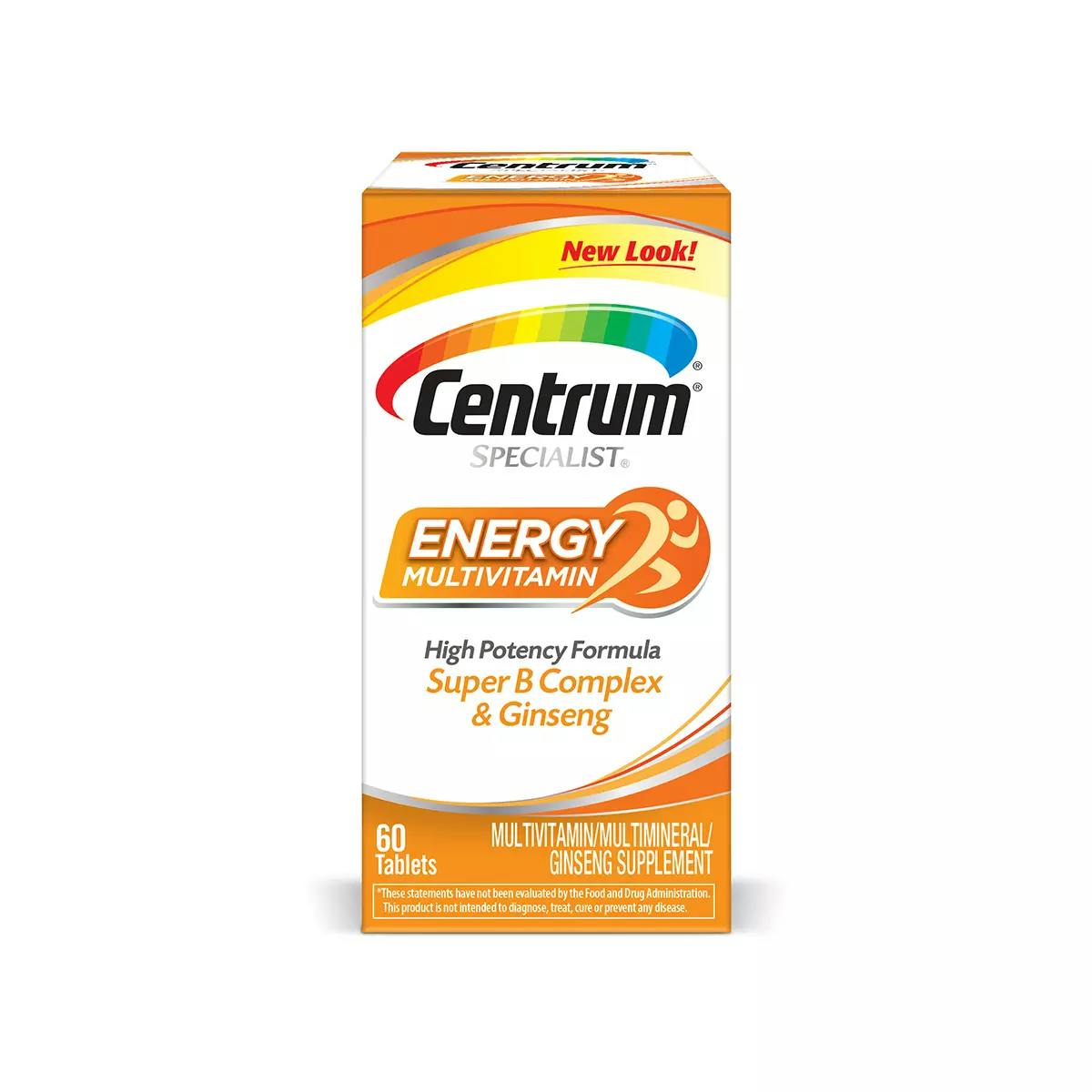What Are Some Foods That Are High in Potassium?

While potassium-rich foods are abundant, most individuals don’t get enough to meet their daily needs.[1][2] Learn which foods are high in potassium so you can give your body the proper nutrition it deserves.
The Importance of Potassium
This vital mineral plays an important role in maintaining several of your body’s functions.[1] It helps support proper muscle and nerve function, regulates fluid balance and supports healthy blood pressure levels.[1] Getting enough potassium is important for overall health.[1]
Meeting Your Daily Potassium Needs
Eating a variety of potassium-rich foods is recommended to ensure your potassium goals are met.[2] For adult men 19 years and older, the recommended amount is 3,400 milligrams per day while adult women 19 years and older need 2,600 milligrams per day.[3] However, individual requirements may differ, so it's best to consult with a healthcare provider or registered dietician for personalized advice.
Potassium-Rich Foods
Incorporating potassium-rich foods into your diet is a great way to meet your daily requirements.[2] Here are some foods that are particularly high in this important mineral:
- Clams: 20 small clams alone contain 1,193 milligrams of potassium.[3]
- Potatoes: Both white and sweet potatoes contain potassium, with a medium white potato providing around 941 milligrams, and a sweet potato with 542.[2]
- Plantains: A close relative of the banana, plantains have even more potassium at 663 milligrams per cup.[3]
- Dairy Products: Milk and yogurt are good sources of potassium. One cup of nonfat yogurt contains 625 milligrams.[3]
- Beans: A half cup of white beans contains 595 milligrams.[2]
- Portobello Mushrooms: This popular meat substitute is loaded with potassium at 529 milligrams per cup.[3]
- Orange juice: One cup of orange juice can provide 496 milligrams.[2]
- Fish: Most common types of fish contain at least 400 milligrams of potassium per filet. Wild caught salmon, which is also a good source of omega-3 fatty acids, is a healthy choice.[3]
- Spinach: A half cup of spinach offers approximately 370-419 milligrams of potassium.[2]
- Avocados: One half cup of avocado contains about 364 milligrams, making it a delicious and nutritious option.[2]
- Edamame: Edamame and other soy-based products can be a good source of this mineral. A half cup of edamame has 338 milligrams alone.[3]
- Bananas: One of the most well-known sources of potassium, one banana contains around 422 milligrams.[2]
- Tomatoes: Fresh tomatoes are a great source of potassium, with one half cup of tomatoes providing 214 milligrams.[2]
How to Get More Potassium in Your Diet
Including a variety of potassium-rich foods in your meals and snacks can help you meet your daily needs. Here are some tips on how to increase your intake:[2]
- Add fruits and vegetables: Incorporate more fruits like bananas and oranges into your diet. Vegetables like potatoes, spinach, and tomatoes are also excellent choices.
- Reach for your legumes: Include beans and legumes in your meals to support your potassium intake.
- Choose non-fat or low-fat dairy: Include low-fat dairy options in your diet to add more potassium to your meals.
- Snack wisely: Choose potassium-rich snacks including nuts, fruit and veggies.
Getting adequate amounts of potassium from your diet can help maintain your fluid balance and support healthy blood pressure and muscle function.[1] By eating a variety of high-potassium foods, you can help your body get enough of this important mineral.[1] In addition to a healthy diet, support your potassium intake with a multivitamin containing potassium from Centrum.










